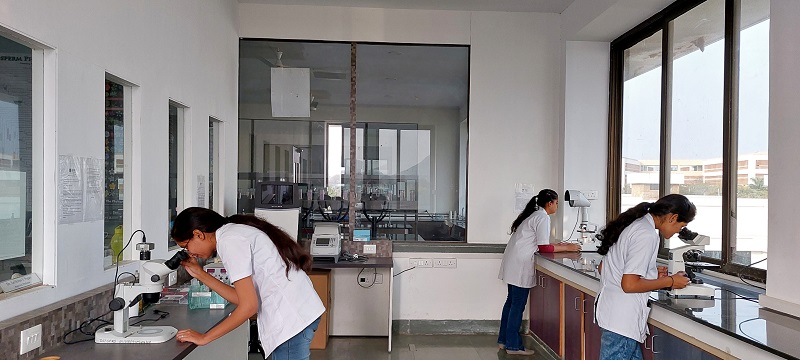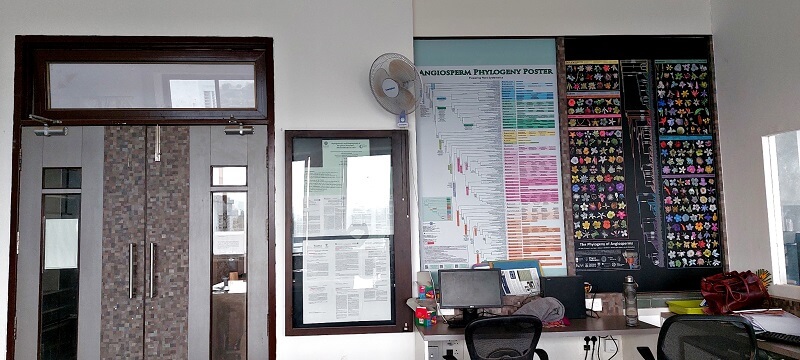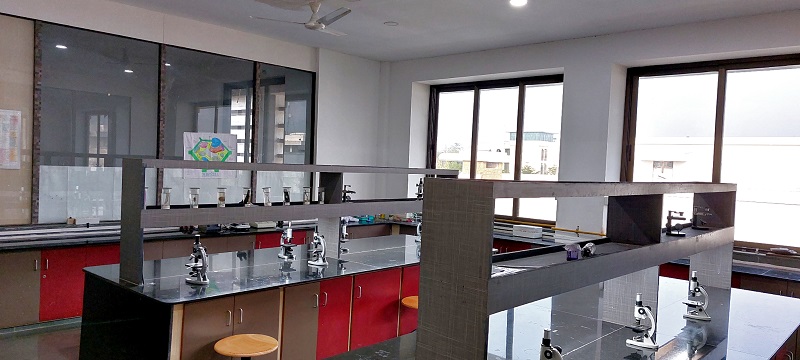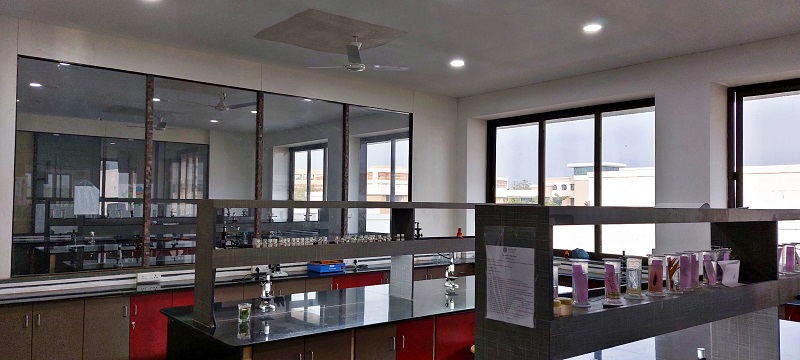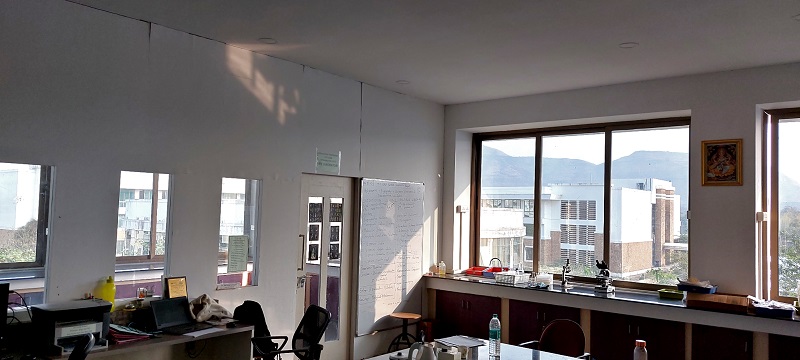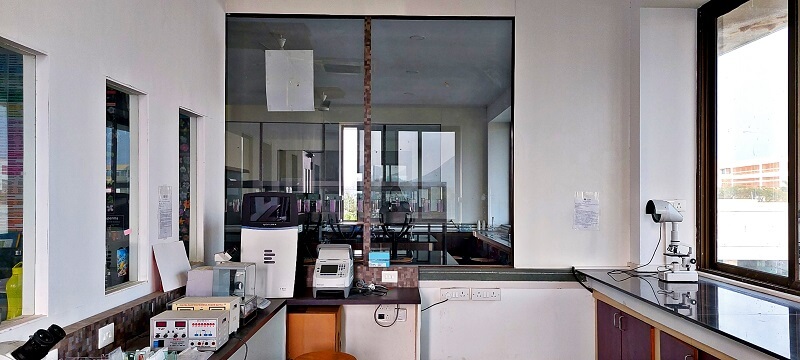Apply Now
About Forensic Science
Career Opportunities in M.Sc. Forensic Science

Analytical Chemist
Analytical chemists may perform basic laboratory research, perform process and product development, design instruments used in analytical analyses, teach, or work in marketing and law. Typical duties include Conducting qualitative and quantitative analysis.

Biomedical Scientist
Biomedical scientists perform a variety of laboratory and scientific tests to help diagnose and treat disease. Operating rooms, accident and emergency departments (A&E), and many other hospital departments cannot function without biomedical scientists.

Crime Scene Investigator
Crime scene investigators are typically hired by law enforcement agencies or coroners to identify and preserve evidence from crime scenes. They take notes at the crime scene and use them in combination with photographs and other details to give a written account of what they saw.

Detective
A detective is an expert in seeking information and investigating the circumstances of a situation to solve a crime or uncover details in a civil case.

Clinical Forensic Medical Experts
Clinical forensic specialists are responsible for autopsies on corpses to determine the cause, circumstances, time, and circumstances of death.

Crime Scene Investigator
Crime scene investigators are responsible for investigating crime scenes to find clues related to solving crimes.
Fee Structure & Eligibility
| Programme | Sem | Year | Mode | Eligibility | Academic Fees Per Year (INR) |
Special Fees (Incl. Library Fee & Examination Fees) Per Year (INR) |
Fees Per Year |
|---|---|---|---|---|---|---|---|
SCHOOL OF SCIENCE (PG) |
|||||||
| M.Sc. Forensic Science | 4 | 2 | Sem | Graduation in Forensic Science / B.Sc. in any branch of Science (Physics, Chemistry, Mathematics, Botany, Zoology, Biotechnology, Microbiology, Biochemistry, Bioinformatics, Biophysics, Anthropology / Medicine / B.Pharma with at least 50 % marks in Open Category and 45 % marks in reserved categories. | Rs. 80,000 /- | Rs. 10,000 /- | Rs.90,000/- |
Note:
- Admission Form and Prospectus Rs. 1000/- (One Time).
- Caution Money Rs. 1000/-
- Hostel Fees Rs. 1,10,000/- per annum + 5000 (Deposit Rs 5, 000 at the time of Admission only on refundable basis) Minimum 4 Occupancy
- Transportation Fees as applicable based on Route and Pick Up Point.
- Uniform Cost Rs. 6000/-

.jpg)








